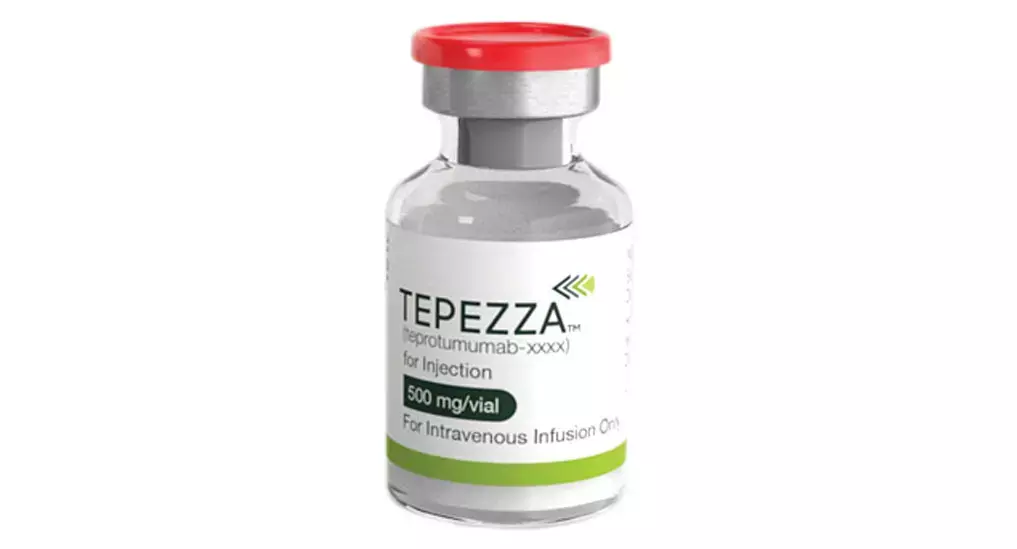- Home
- Medical news & Guidelines
- Anesthesiology
- Cardiology and CTVS
- Critical Care
- Dentistry
- Dermatology
- Diabetes and Endocrinology
- ENT
- Gastroenterology
- Medicine
- Nephrology
- Neurology
- Obstretics-Gynaecology
- Oncology
- Ophthalmology
- Orthopaedics
- Pediatrics-Neonatology
- Psychiatry
- Pulmonology
- Radiology
- Surgery
- Urology
- Laboratory Medicine
- Diet
- Nursing
- Paramedical
- Physiotherapy
- Health news
- Fact Check
- Bone Health Fact Check
- Brain Health Fact Check
- Cancer Related Fact Check
- Child Care Fact Check
- Dental and oral health fact check
- Diabetes and metabolic health fact check
- Diet and Nutrition Fact Check
- Eye and ENT Care Fact Check
- Fitness fact check
- Gut health fact check
- Heart health fact check
- Kidney health fact check
- Medical education fact check
- Men's health fact check
- Respiratory fact check
- Skin and hair care fact check
- Vaccine and Immunization fact check
- Women's health fact check
- AYUSH
- State News
- Andaman and Nicobar Islands
- Andhra Pradesh
- Arunachal Pradesh
- Assam
- Bihar
- Chandigarh
- Chattisgarh
- Dadra and Nagar Haveli
- Daman and Diu
- Delhi
- Goa
- Gujarat
- Haryana
- Himachal Pradesh
- Jammu & Kashmir
- Jharkhand
- Karnataka
- Kerala
- Ladakh
- Lakshadweep
- Madhya Pradesh
- Maharashtra
- Manipur
- Meghalaya
- Mizoram
- Nagaland
- Odisha
- Puducherry
- Punjab
- Rajasthan
- Sikkim
- Tamil Nadu
- Telangana
- Tripura
- Uttar Pradesh
- Uttrakhand
- West Bengal
- Medical Education
- Industry
Teprotumumab more Beneficial Than IV Methylprednisolone in Patients with Proptosis & Diplopia

Thyroid eye disease (TED) causes expansion of retro-orbital fat and extraocular muscle thought to be mediated primarily by the upregulation of the insulin-like growth factor 1 receptor on orbital fibroblasts. Patients may develop considerable disfiguring facial changes owing to proptosis, disabling diplopia, and in severe cases, vision loss.
A recent study suggests that teprotumumab was associated with greater improvements in proptosis and diplopia than intravenous methylprednisolone (IVMP). The study findings were published in the JAMA Ophthalmology on February 17, 2022.
Currently, there are limited noninvasive treatment options that improve proptosis and diplopia. The most recent European Group on Graves Orbitopathy (EUGOGO) guidelines recommend a cumulative dosage of 4.5 to 5.0 g of intravenous methylprednisolone (IVMP) over 12 weeks for most patients with moderate to severe active TED. On January 21, 2020, teprotumumab became the first US Food and Drug Administration-approved treatment for TED. Studies comparing the efficacy of the most recommended dose of IVMP with teprotumumab or placebo are limited. Therefore, Dr Raymond S. Douglas and his team conducted a matching-adjusted indirect comparison of teprotumumab vs IVMP vs placebo.
In this study, the researchers included de-identified patient-level data from teprotumumab trials and aggregate-level. They included 12 IVMP studies in the matching-adjusted indirect comparison (11 for proptosis change [n = 419], 4 for diplopia response [n = 125], and 2 teprotumumab [n = 79] and placebo [n = 83] comparator studies). The major outcome assessed was the changes in proptosis by millimetre and diplopia response (percentage with ≥ 1-grade reduction) from baseline to week 12 in patients receiving IVMP and placebo and to week 24 in patients receiving teprotumumab.
Key findings of the study:
- Upon analysis, the researchers found that treatment with IVMP resulted in a proptosis difference of −0.16 mm from baseline to week 12 vs placebo.
- They noted that the proptosis treatment difference between IVMP and teprotumumab of −2.31 mm favored teprotumumab.
- They observed that treatment with IVMP (odds ratio, 2.69) was not favored over placebo in odds of diplopia response; however, teprotumumab was favored over IVMP (odds ratio, 2.32).
The authors concluded, "This meta-analysis suggests that use of IVMP is associated with a small, typically not clinically relevant, change from baseline in proptosis vs placebo, with modest changes in diplopia"
They further added, "While this nonrandomized comparison suggests that use of teprotumumab, compared with IVMP, is associated with greater improvements in proptosis and maybe twice as likely to have a 1 grade or higher reduction in diplopia, randomized trials comparing these 2 treatments would be warranted to determine if 1 treatment is superior to the other to a clinically relevant degree."
For further information:
Medical Dialogues Bureau consists of a team of passionate medical/scientific writers, led by doctors and healthcare researchers. Our team efforts to bring you updated and timely news about the important happenings of the medical and healthcare sector. Our editorial team can be reached at editorial@medicaldialogues.in.
Dr Kamal Kant Kohli-MBBS, DTCD- a chest specialist with more than 30 years of practice and a flair for writing clinical articles, Dr Kamal Kant Kohli joined Medical Dialogues as a Chief Editor of Medical News. Besides writing articles, as an editor, he proofreads and verifies all the medical content published on Medical Dialogues including those coming from journals, studies,medical conferences,guidelines etc. Email: drkohli@medicaldialogues.in. Contact no. 011-43720751


